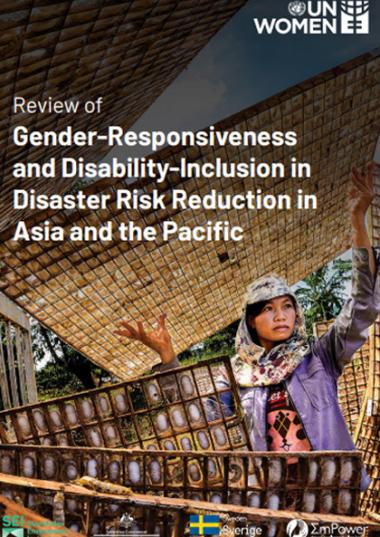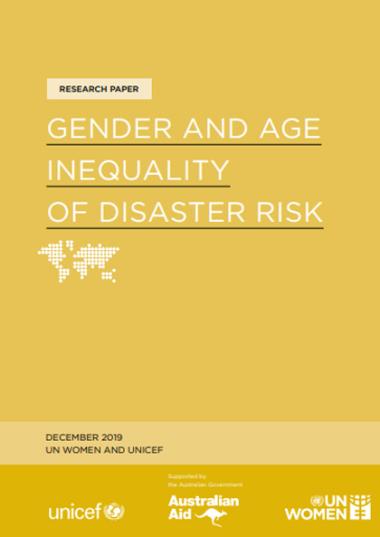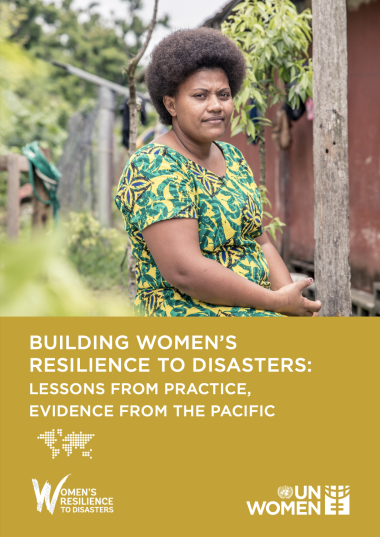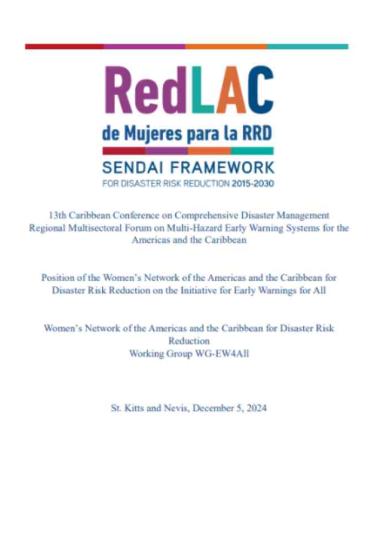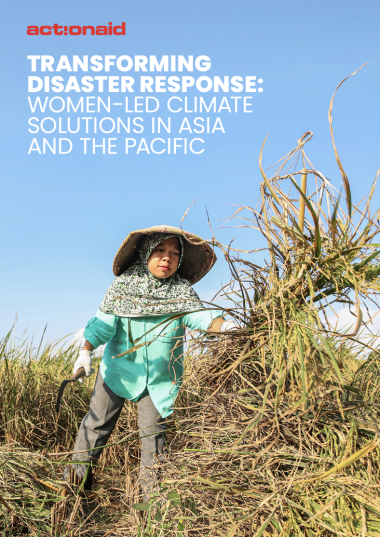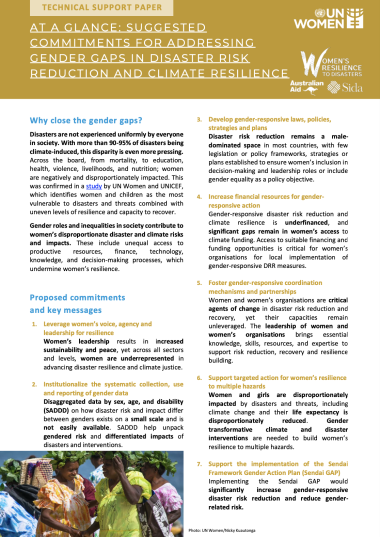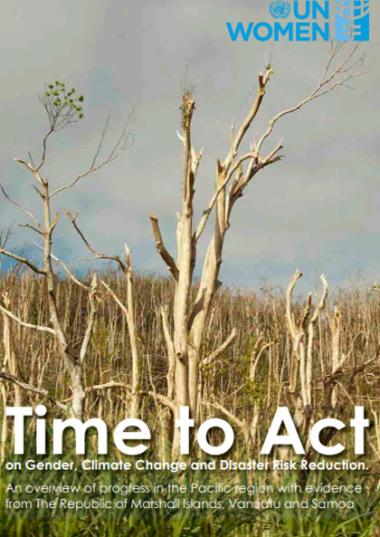
This report presents the findings of an assessment on flood early warning systems (EWS) in Bhutan from a gendered perspective. The assessment examined the status of flood EWS, conducted gender analysis to understand the participation of women in these systems, and makes recommendations for developing more effective systems. The study aims to promote the integration of gender issues into flood EWS and to develop policies that encourage the participation and awareness of men and women.
The report includes the following recommendations to ensure that flood EWS in Bhutan are gender-sensitive, gender-responsive, and effective:
- Involve women in all aspects of EWS;
- Ensure that disaster management activities are gender-sensitive at all stages of the disaster cycle, by involving both women and men in the design, administration, and implementation of EWS;
- Link organizations in EWS with those working for gender equality;
- Link policies and organizations for disaster management and EWS with those for gender equality and social justice;
- Amend policies and laws to be gender-sensitive;
- Amend policies and laws to make it mandatory to consider the differential experiences, needs, and roles of women and men in disaster management;
- Bring about a gender balance in the staffing of EWS implementing agencies;
- Bring about a gender balance in the staffing of agencies implementing disaster management and EWS to improve the gender sensitivity and responsiveness of EWS;
- Strengthen the capacity of communities for EWS;
- Continuously strengthen the capacity of communities for EWS, with particular attention to the involvement of women in risk knowledge, monitoring and warning, dissemination and communication, and response capacity, to ensure the sustainability of the EWS;
- Use gender-responsive materials in capacity building and EWS technology;
- Ensure that the materials used in capacity building activities and technology for EWS are responsive to the needs of all community members
- Increase community ownership of EWS for greater sustainability and effectiveness;
- Consult stakeholders while planning, designing, and implementing EWS to avoid any mismatch between the needs of different social groups, including women, and to instil ownership of the system in local communities;
- Conduct further research on gender issues;
- Conduct further research on gender issues in disasters to inform policies and programmes.
There is also a need to focus on gender-based vulnerabilities and capacities, rather than physical exposure to technological and environmental hazards.
